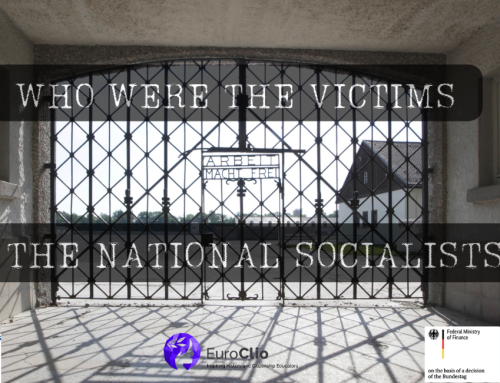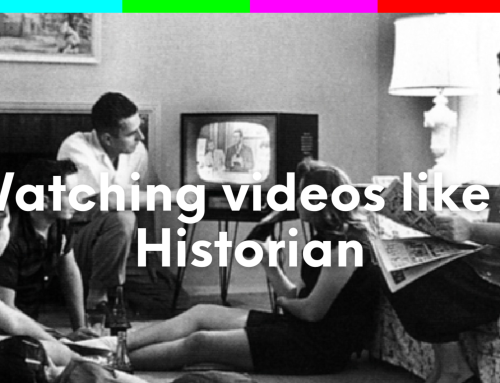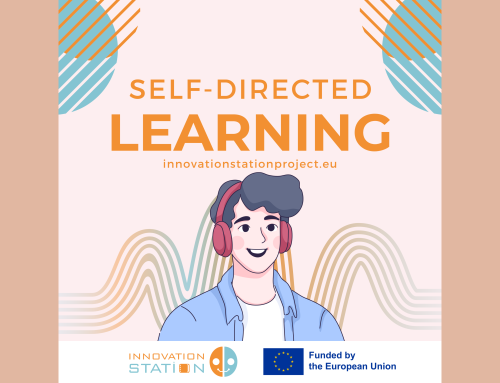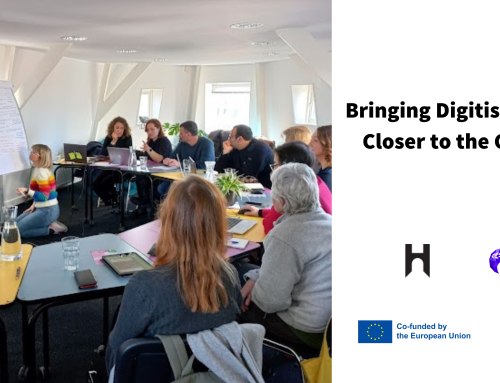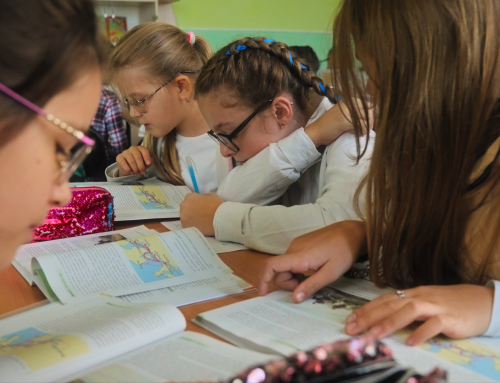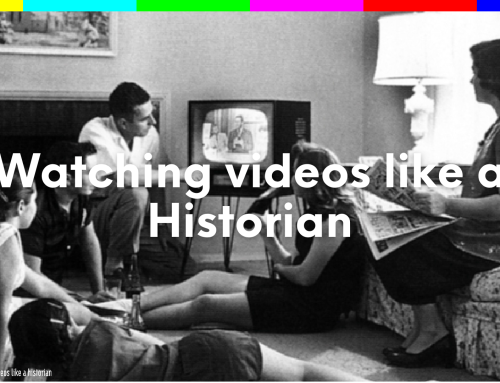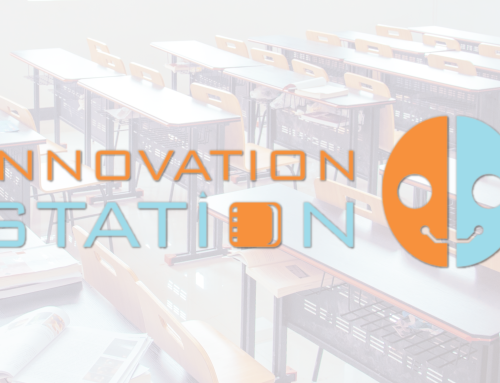EuroClio is happy to present the analysis report of the selection of existing resources and recommendations and the report of the 1st stage of needs assessment developed within the “Strategies for Inclusion—Making high quality history and citizenship education more inclusive and accessible” project.
The analysis report of the selection of existing resources and recommendations has been made by the Armenian Center for Democratic Education- CIVITAS in cooperation with EuroClio and other consortium members. In the analysis report a thematic approach has been used to select relevant resources for making History and Citizenship Education more inclusive. The report includes summary reports on History Education, Citizenship, Motivational barriers, dead and hard-of- hearing, blind and partially-sighted resources. The selection of existing sources serves as a resource database for further reference for teachers, educational practitioners, experts and policy makers. The database also provides resources on recommended approaches and methodology on how to make history and citizenship education more inclusive.
The report of the 1st phase of the needs assessment has been made by Manuela Carvalho from the School Cluster of Montemor-o-Velho in cooperation with the consortium members of the project. The needs assessments was established through findings of the online survey which has been responded by 193 educators from 33 countries. The goal of the needs assessment is to get a better understanding of what the real barriers are for teaching, collect input to ensure that the educational resources developed and teachers’ training sessions are meeting the needs of students and educators. The needs assessment report also provides evidence that can be used for advocacy purposes and policy recommendations.
For questions, please contact Project Manager Judith Geerling (judith@euroclio.eu).
Find the reports on the project page of Strategies for Inclusion:

